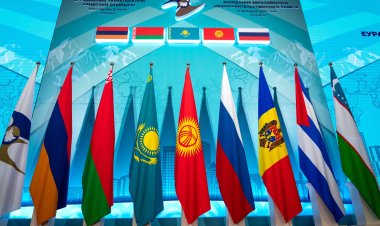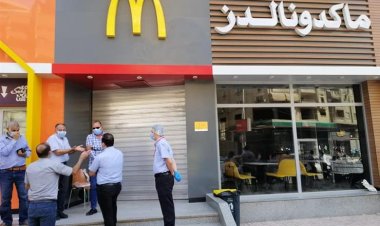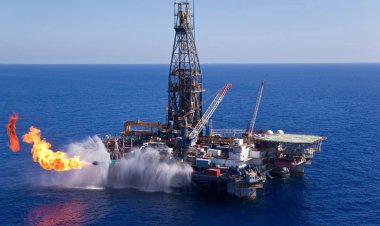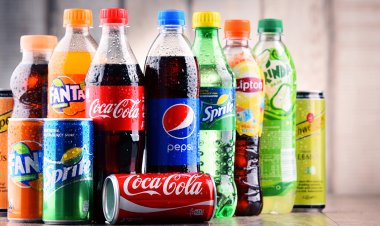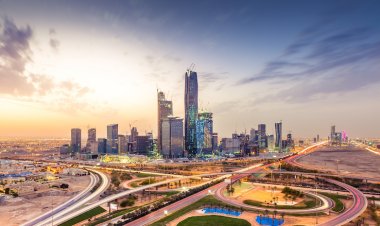Including McDonald's and Starbucks.. Why did the shares of 7 international companies rise despite the boycott campaigns?
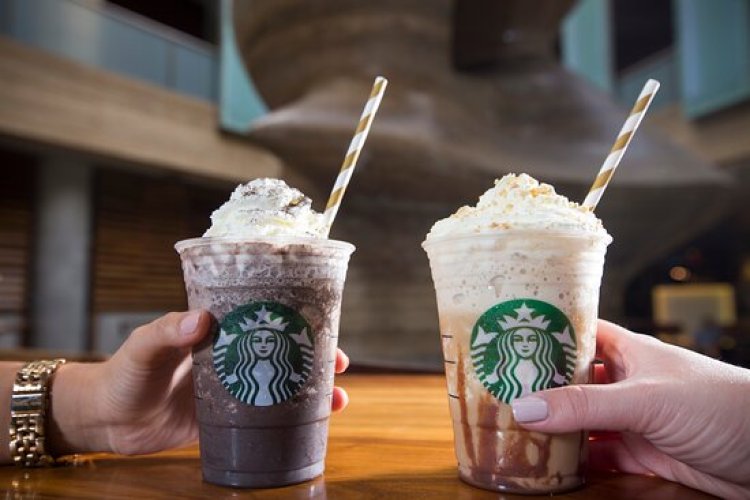
Social media pioneers in the Arab world launched campaigns to boycott the products of international food companies, the most famous of which are McDonald's and Starbucks, in support of some branches in Israel.
Some have harshly criticized the two companies, considering that they unfairly support countries that contribute to regional conflicts and practice policies that conflict with the values and principles of the Arab peoples.
An obstacle to expanding markets in the Middle East
Some people suggested that the boycott campaigns would negatively affect the shares of these companies and cause them to fall sharply on the stock market, but the opposite happened. The shares of McDonald's, Starbucks, PepsiCo, and Coca-Cola rose from the beginning of last October until this moment, according to the movement of stock trading on the stock exchanges.
The financial analyst at Al-Qemma Brokerage Company, Youssef Milad, said in statements, that despite the current boycott taking place in the region, companies such as McDonald's and Starbucks were able to achieve a noticeable rise in their shares during the recent period.
He attributed the reason for the rise in company shares to the support they received from Western countries, explaining that not all Arab countries supported the boycott operations.
The financial analyst expected this success to be temporary, suggesting that these companies would lose their branches in important Arab countries, such as Egypt and Qatar, which are witnessing large-scale boycott campaigns.
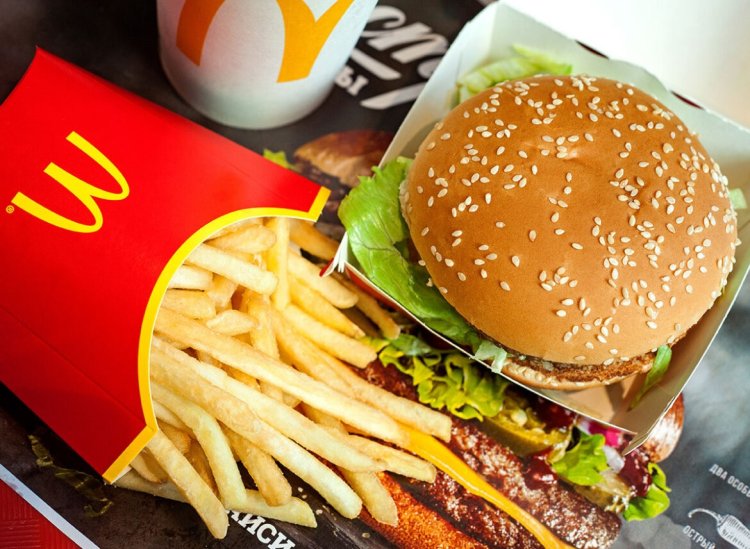
Brand strength
The financial analyst pointed out that companies such as McDonald's and Starbucks have strong, globally recognized brands. Many people in the Middle East consider these two brands a symbol of quality and professionalism in the food and beverage services sector, and therefore, customers in the region may remain loyal to these two brands despite the temporary boycott.
He continued: The Middle East is also a popular adventure destination for tourists from all over the world, and therefore, McDonald's and Starbucks benefit from the strong tourist demand for fast food.
The Middle East region represents a small portion of the total volume of companies
For his part, Khaldoun Hilal, CEO of Kama Capital, said during statements to Forbes that despite the success of the boycott campaigns currently spreading on social media platforms in mobilizing a large amount of consumer response. Drawing attention to their issues, their direct impact on targeted Western brands seems limited, especially at the level of international companies, as the Middle East region represents a small portion of their total business volume.
Hilal ruled out that most Western parent companies would be significantly affected by the boycott, because they often adopt a franchising business model with their local partners, and are therefore more likely to suffer from a boycott that could affect jobs and tax revenues locally.
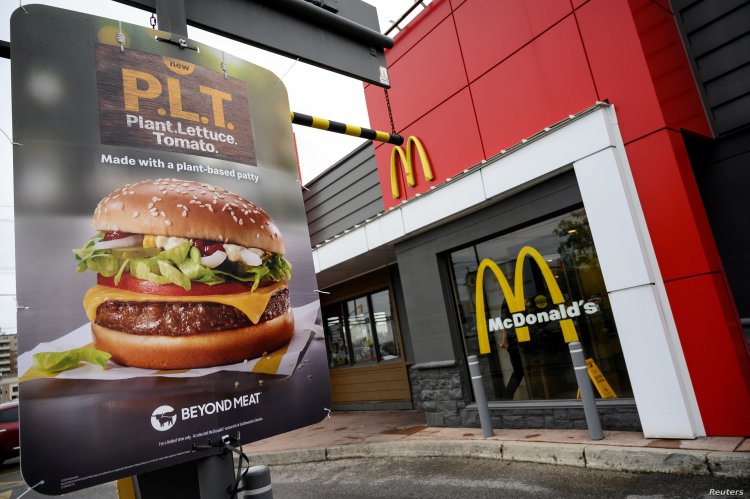
Amazon's stock has risen 11.9% since last October 6, one day before the start of the current round of conflict, reaching $143.2 on November 15. The company's market value has risen to $1.48 trillion, and P&G's share price has increased by 5.1% during the same period to reach 151.4. Dollars and its market value is $356.9 billion.
Coca-Cola’s share price also rose by 7.7% during the aforementioned period to reach $57.21, with the market value reaching $247.3 billion. The French L’Oréal share price also increased by 7.5% to reach €423.9 ($460.7), and its market value reached $246.9 billion on November 15.
PepsiCo shares rose by 4.3% to $167.3, and the market value reached $229.9 billion, as is the case with McDonald’s shares, which rose 8.9% since last October 6, reaching $270.4 in the middle of this month, and the company’s market value reaches $196.1 billion. Starbucks' share price also increased 14.2% to about $106, and the company's market value reached $121.4 billion.


 Shrouq
Shrouq 







